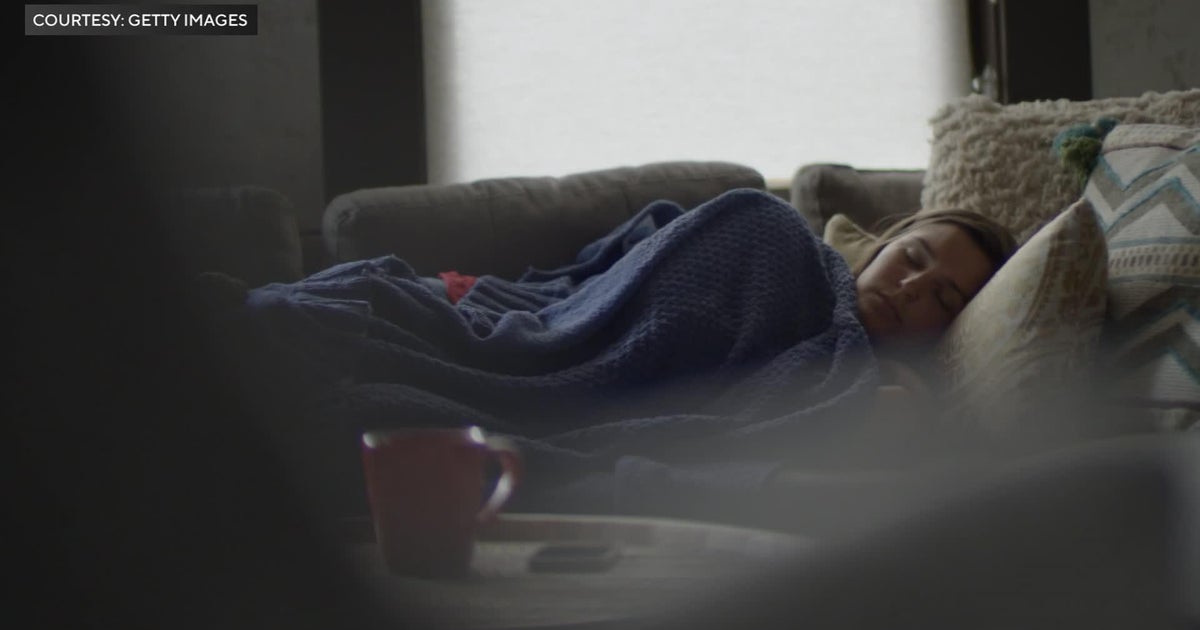A growing number of U.S. couples are choosing separate bedrooms to improve their sleep, a trend dubbed “sleep divorce,” according to a recent study by the American Academy of Sleep Medicine.
Nearly one-third of adults have embraced this practice, finding that personal space at night can enhance health, happiness, and even relationships, though not all agree it’s the right move.
Separate beds, stronger bonds
Kelsey Leggett, an advocate for separate sleeping arrangements, emphasizes the benefits of personal space.
“Every boy should have his own bedroom. Every girl should have her own bedroom,” she said, referring to couples, not children.
“You can have a shared bedroom,” Leggett explained. “But I find that in my relationships, I am the happiest and healthiest when my partner and I both have space.”
As a snorer, she added, “Everybody is just much happier with a good night’s sleep. If I keep my partner up, they’re not going to tell me because they’re kind and chivalrous, and then all of a sudden we end up divorced in real life.”
Health over habit
The American Academy of Sleep Medicine’s July study found that adults aged 35 to 44 are the most likely to opt for a sleep divorce.
Dr. Maria Suurna, an otolaryngologist and sleep specialist at UHealth, frequently discusses this trend with patients.
“There’s nothing wrong with having separate accommodations to suit your own environment and sleep conditions,” Dr. Suurna said. “People often view cohabitating and sleeping in the same bedroom as the social norm—but is it required?”
She notes that research supports improved sleep quality for couples who sleep apart but encourages seeking professional help to address underlying issues.
Mixed perspectives on separation
Not everyone embraces the concept. Steve Lyles, who is engaged, called sleep divorce the “beginning of the end.”
Another woman, Hanna, expressed reluctance but acknowledged its necessity for some: “I don’t think it’s okay, but if you’ve got to do what you’ve got to do, right?”
For others, separate sleeping arrangements address more than just snoring or mismatched schedules—sometimes they reveal serious health conditions.
Treating the root cause
Don and Shelley Atkins discovered this firsthand. Shelley recalled waking Don due to his disruptive sleep patterns.
“Well, she’d give me a jostle and I’d say one of two things,” Don said. “‘Oh, I’m sorry, I didn’t know I was doing it,’ or ‘I was awake, I don’t know what you’re talking about.'”
Don’s eventual diagnosis of sleep apnea, a condition affecting roughly 30 million Americans, explained the issue.
“It kept me up most of the night and I was exhausted the next day,” Shelley said. “I would go into another room and try to get back to sleep.”
After treatment with Inspire, an implantable device for sleep apnea, Don returned to their shared bed.
“Oh yeah,” he said. “It’s really helped out quite a bit. I wish I could have had it a lot sooner.”
The couple agrees: “A good night’s sleep is everything,” Don said, echoing the sentiment, “Happy wife, happy life.”



